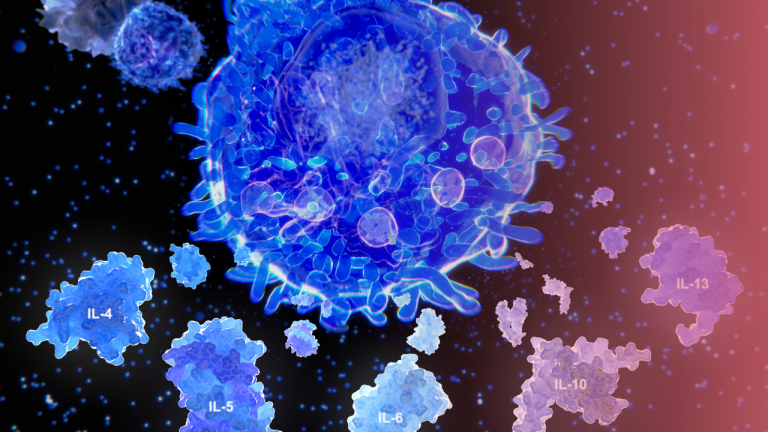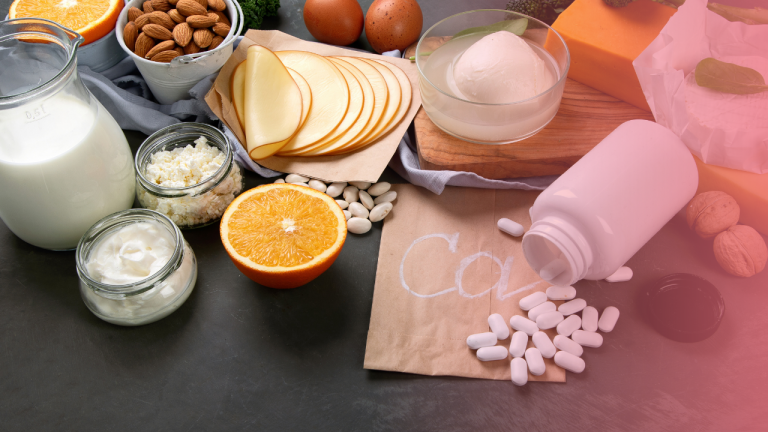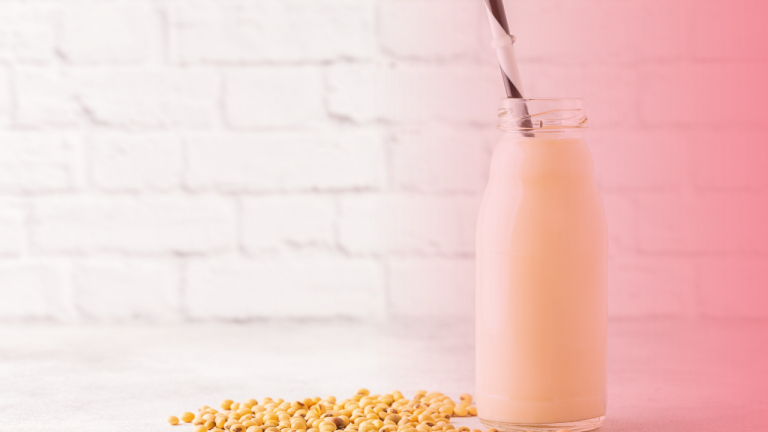Do you suffer from joint pains? If so, you’re not alone. Many people experience joint pain at some point in their lives. In most cases, joint pain is caused by inflammation or damage to the joints. However, there are also a number of proteins that can contribute to joint pain. In this blog post, we will discuss the proteins that are known to cause joint pains. We will also provide tips for reducing inflammation and relieving pain.
What proteins are known to cause joint pains, and how do they do so?
Proteins are essential for the body to function correctly. However, some proteins can cause joint pains. The most common culprits are a family of proteins called cytokines. The immune system produces cytokines in response to injury or infection. They play an essential role in healing but damage tissues and cause pain.

Several different types of cytokines can cause joint pain. The most common is interleukin-17 (IL-17). A kind of white blood cell produces IL-17 called a T helper cell. When these cells become activated, they release IL-17 into the bloodstream. This protein then binds to receptors on the surface of cells in the joints, causing inflammation and pain.
Other cytokines that can cause joint pain include tumor necrosis factor-alpha (TNF-alpha) and interleukin-beta (IL-beta). These proteins are produced by different types of white blood cells called macrophages and lymphocytes. They attach to receptors on cells in the joints, causing inflammation and pain.
In addition to cytokines, other proteins can also cause joint pain. These include proteoglycans, collagen, and elastin. Proteoglycans are large molecules composed of protein and sugar. They play an essential role in maintaining the health of cartilage. Collagen and elastin are proteins that help to keep cartilage strong and elastic.
When these proteins break down, they can cause joint pain. This is particularly common in people with arthritis, as the disease causes the tissues in the joints to break down.
How can you reduce your risk of developing joint pains from consuming too many proteins?
You can reduce your risk of developing joint pains from consuming too many proteins by making sure you drink enough calcium. Calcium helps keep your bones healthy and strong, which reduces your risk of developing joint problems. You can get calcium from dairy products, leafy green vegetables, and certain types of fish. You should also get plenty of exercise, as this can help keep your joints healthy and strong. If you are overweight, losing weight can also help to reduce the strain on your joints. Finally, make sure to speak with your doctor if you are experiencing any joint pain, as they may be able to recommend specific treatments or medications that can help relieve your symptoms.

Are there any specific types of protein that are more likely to cause joint pain than others?
A few different types of protein have been linked with causing joint pain. One of the most common is gluten, found in wheat and other grains. Other proteins that have been linked with joint pain include dairy, soy, and corn.
While it’s not clear exactly how these proteins cause joint pain, it’s thought that they may trigger inflammation in the body or interact with other substances in the joints to cause pain. If you think that proteins might be causing your joint pain, talk to your doctor about possible dietary changes or other treatments.

Can you still enjoy a high-protein diet if you’re concerned about developing joint pains down the road?
The short answer is yes, you can.
While it’s true that specific proteins can cause joint pain and inflammation, there are plenty of other healthy protein sources that don’t come with those same risks.
If you’re looking to add more protein to your diet, focus on lean meats, fish, tofu, legumes, and eggs – all of which are packed with nutrients that can benefit your overall health.
And if you’re ever concerned about how a particular protein might affect your joints, be sure to speak with a doctor or nutritionist for advice.
Remember: joint pain is not always caused by dietary proteins, so if you’re experiencing pain, it’s always best to consult with a medical professional to determine the root cause.
With that said, making minor changes to your diet – like adding in more anti-inflammatory foods – can sometimes help reduce joint pain and stiffness.
If you’re dealing with joint pain, don’t be afraid to experiment with your diet and see what works best for you.
Joint pain is a common problem that can have a variety of causes, from injuries to arthritis.
And while there’s no one-size-fits-all solution for joint pain, making intelligent choices about the foods you eat can sometimes help ease symptoms.
If you’re dealing with joint pain, talk to your doctor about what dietary changes might be right for you.

What good protein sources won’t cause you any pain down the line?
Fish: Salmon, tuna, and mackerel are all great sources of protein that won’t cause you any pain. They’re also full of healthy Omega- fatty acids which can help keep your joints healthy.
Poultry: Chicken and turkey are both excellent sources of protein that won’t aggravate your joints. Plus, they’re both low in fat and calories, making them a great choice if you’re trying to watch your weight.
Beans: Black beans, kidney beans, lentils, and other legumes are all excellent sources of protein that won’t cause any pain. They’re also high in fiber which can help keep your digestion healthy.
Soy: Tofu, soy milk, and other soy-based products are excellent sources of protein that won’t cause any joint pain. Plus, they’re low in fat and calories, making them a healthy choice for people who are trying to lose weight.
If you’re looking for a good source of protein that won’t cause you any pain down the line, try one of these options. All of them are healthy and delicious, so you can feel good about eating them. Plus, they’ll help keep your joints healthy and pain-free.

How can you tell if you’re already experiencing the early signs of joint pain from consuming too many proteins?
Joint pain is a common symptom of many conditions, but it can also signify that you’re consuming too much protein. If you’re experiencing joint pain and don’t know the cause, it’s essential to see a doctor to rule out any underlying medical conditions.
There are early signs that you may be consuming too many proteins and developing joint pain. These include:
- Feeling tired after eating protein-rich foods
- Having trouble sleeping
- Experiencing joint pain, stiffness, or swelling
If you’re experiencing any of these symptoms, it’s essential to cut back on the amount of protein you’re consuming and see a doctor if the symptoms persist. Joint pain can be a sign of severe underlying medical conditions, so it’s essential to get checked out by a doctor if you’re experiencing any joint pain.

Proteins are an essential part of our diets, but consuming too much protein can lead to joint pain. If you’re experiencing any symptoms of joint pain, it’s necessary to see a doctor and rule out any underlying medical conditions. Cutting back on the amount of protein you’re consuming may help reduce your joint pain symptoms.
If you are experiencing joint pain, it is essential to see your doctor and find out if you have RA. Until then, however, there are things that you can do to help ease the pain. One of those things is to eat a healthy diet that includes plenty of protein. Protein helps keep our bones and joints strong, so make sure you get enough in your diet. If you’re not sure how much protein you need or what sources are best for you, talk to a nutritionist or your doctor. They will help you create a plan that will reduce your joint pain and improve your overall health.



